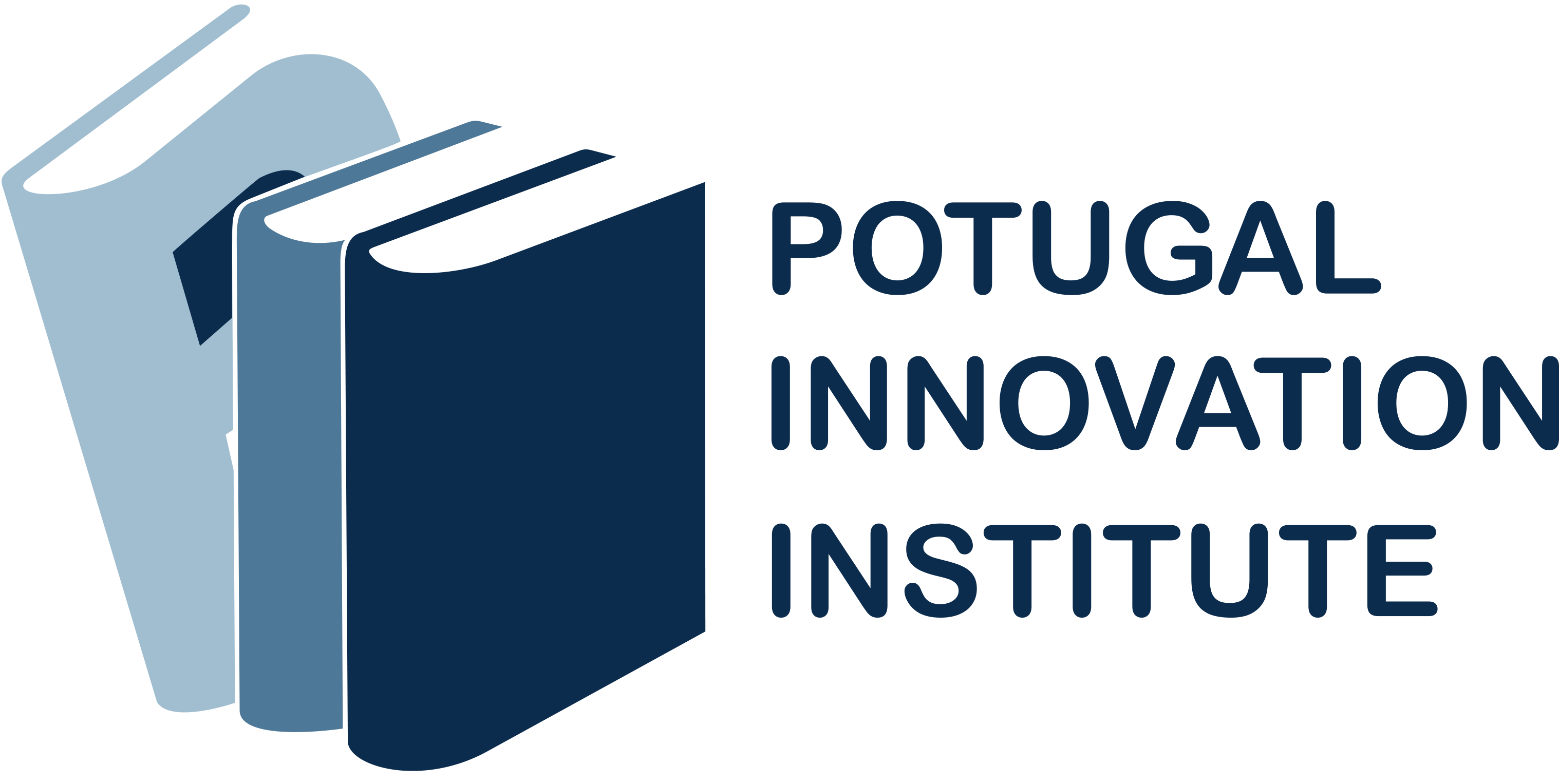Online learning is a game-changer in rural regions where access to high-quality education might be scarce. This investigation, which aims to highlight the major advantages that online learning offers to those living in remote regions, is formed by observations from a variety of sources, including blogs, research papers, and articles.
By granting access to top-notch education in places without traditional educational infrastructure, online learning serves as a potent equalizer. Scholarly articles frequently emphasize how online learning has the ability to overcome the educational gap in rural areas. Through the integration of perspectives from blogs that address actual events, this investigation highlights situations in which people living in remote places have been able to access a variety of educational options, enabling them to strive for academic success.
The flexibility of online learning is one of its main advantages in rural areas. Based on conversations on developments in online education, the blog highlights how asynchronous learning allows people who live far away from one another to personalize their study schedules. This flexibility is essential for people balancing parental duties, agricultural tasks, or other commitments in rural areas. By offering education on their terms, online learning becomes a feasible choice for people who might have otherwise found traditional education unattainable.
Because online learning is digital, it removes geographical constraints, making a wide choice of courses and expertise accessible to people living in rural locations. Article insights demonstrate how learners in remote regions can access top-notch educators and resources through online platforms. This gives kids access to various viewpoints and guarantees they are given current, pertinent material, all adding to a more thorough and modern educational experience.
Additionally, online learning promotes community and student collaboration even in faraway locations. Blogs featuring success stories from remote areas highlight how important internet forums and group projects are for fostering student connections. Scholarly articles explore the social side of online learning, emphasizing how virtual connections can foster a positive learning environment. This sense of community becomes even more critical in rural settings, where students may be physically isolated but can interact online to build a shared educational journey.
In conclusion, online learning is a potent tool for closing the education gap in rural communities and opening doors to a world of opportunities for learners in remote areas by giving access to high-quality education, offering flexibility, removing geographical barriers, and fostering community.





